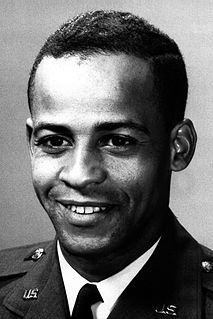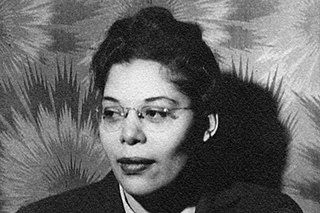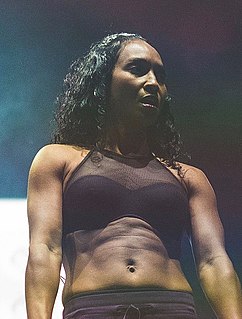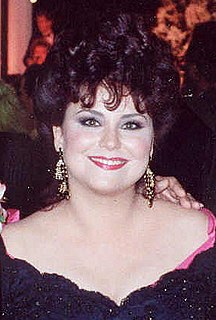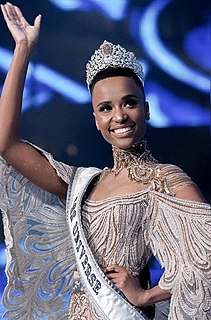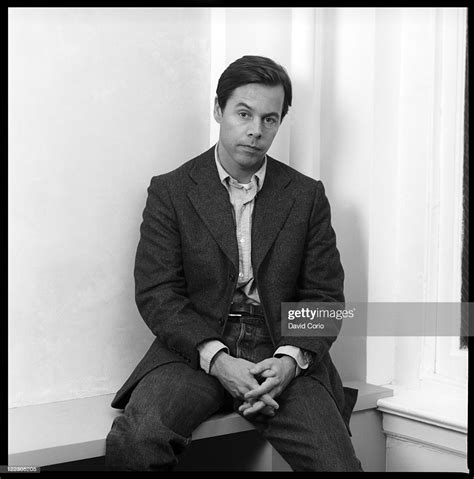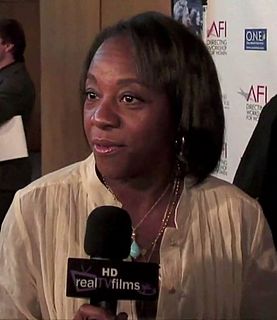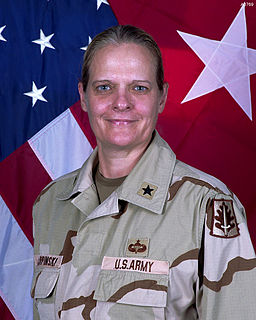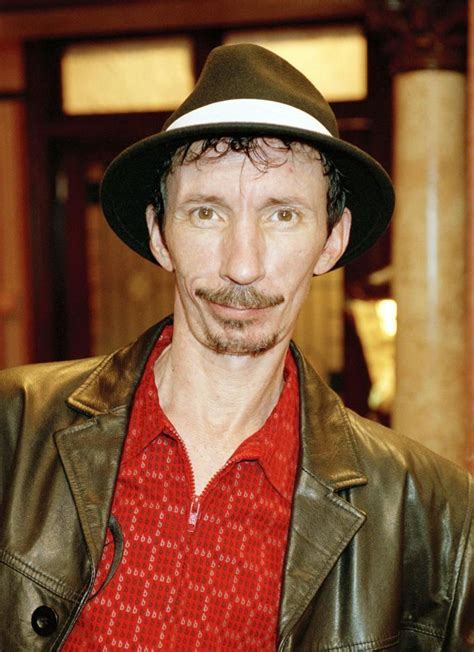A Quote by John Tiffany
The Black Watch is one of the most illustrious regiments. They've been at the vanguard of British military operations for 400 years. Something they're very proud of is what they call 'The Golden Thread,' where you can trace a line back from them to the first Black Watch soldiers who were from the Highlands, spoke Gaelic, and wore the kilt.
Related Quotes
I did this whole series on the buffalo soldiers-on black soldiers-I did another series on black cowboys, and I presented myself to the gallery system, and all these people with these massive collections didn't know there were black cowboys or black soldiers. I ended up hitting a niche I didn't know was there.
Black was bestlooking. ... Ebony was the best wood, the hardest wood; it was black. Virginia ham was the best ham. It was black on the outside. Tuxedos and tail coats were black and they were a man's finest, most expensive clothes. You had to use pepper to make most meats and vegetables fit to eat. The most flavorsome pepper was black. The best caviar was black. The rarest jewels were black: black opals, black pearls.
It's so important to create roles and characters and projects that feature black people in a way that's not specifically targeted toward the niche market, which is, like, a black movie is created and it's produced and pitched so that only black people will watch it ... I want to see dynamic characters and roles that everyone wants to watch.
I am astounded at my age with a 20-year-old daughter to discover that kids of her generation don't want to watch black and white movies. I understand that they gave up on silent films, but black and white? So, now movies have to be taught in academia because people don't know how to watch them, they don't know how to appreciate them.
I just wear black and gray all the time. If you Google Image me, you'll just see a bunch of black and gray. It's simple. If I like a shirt, I'll buy six or eight of them, wear them back-to-back, and just wait for somebody to say something. 'That's the same shirt you wore yesterday.' 'Yeah, but this one is fresh.'
I grew up watching my Dad, Uncles Ciaran Murray and Brendan Murray, and cousin, Aedin Murray, who were all national caliber Gaelic football players in Ireland. I try to watch as much Gaelic football as I can, it is my first love. I bleed Green, White, and Orange. Gaelic football players don’t get paid to play, you play to represent your county that is more important than earning money.
The other thing that I got back then - the Parker novels have never had much of anything to do with race. There have been a few black characters here and there, but the first batch of books back then, I got a lot of letters from urban black guys in their 20s, 30s, 40s. What were they seeing that they were reacting to? And I think I finally figured it out - at that time, they were guys who felt very excluded from society, that they had been rejected by the greater American world.
I've always been 'other' in all the spaces that I've been in. Even when I first moved to America, just the idea that I was a dark-skinned black girl from England with an accent. It's one thing to be a black girl, but it's another to be a dark black girl. I was chastised for that. I was chastised for the way I spoke.


